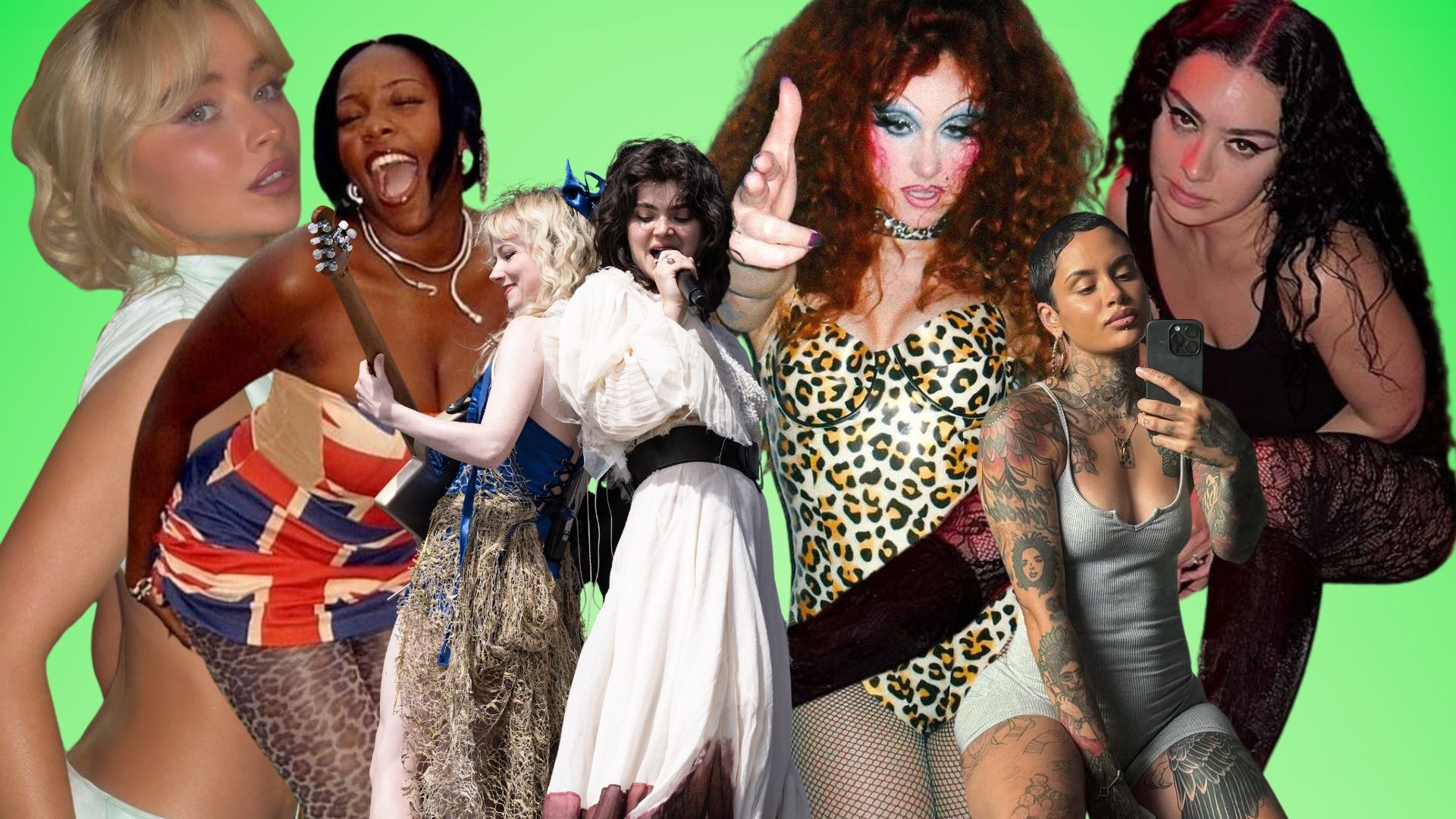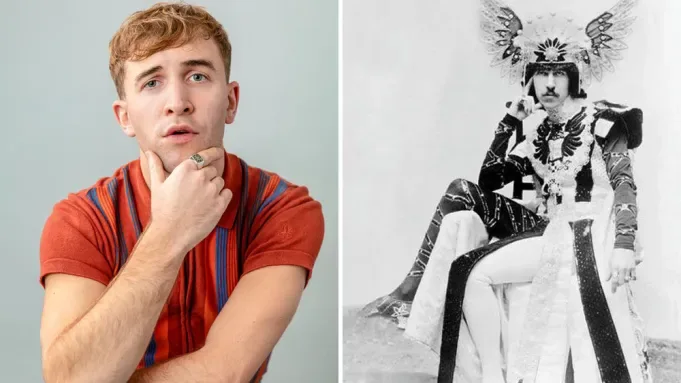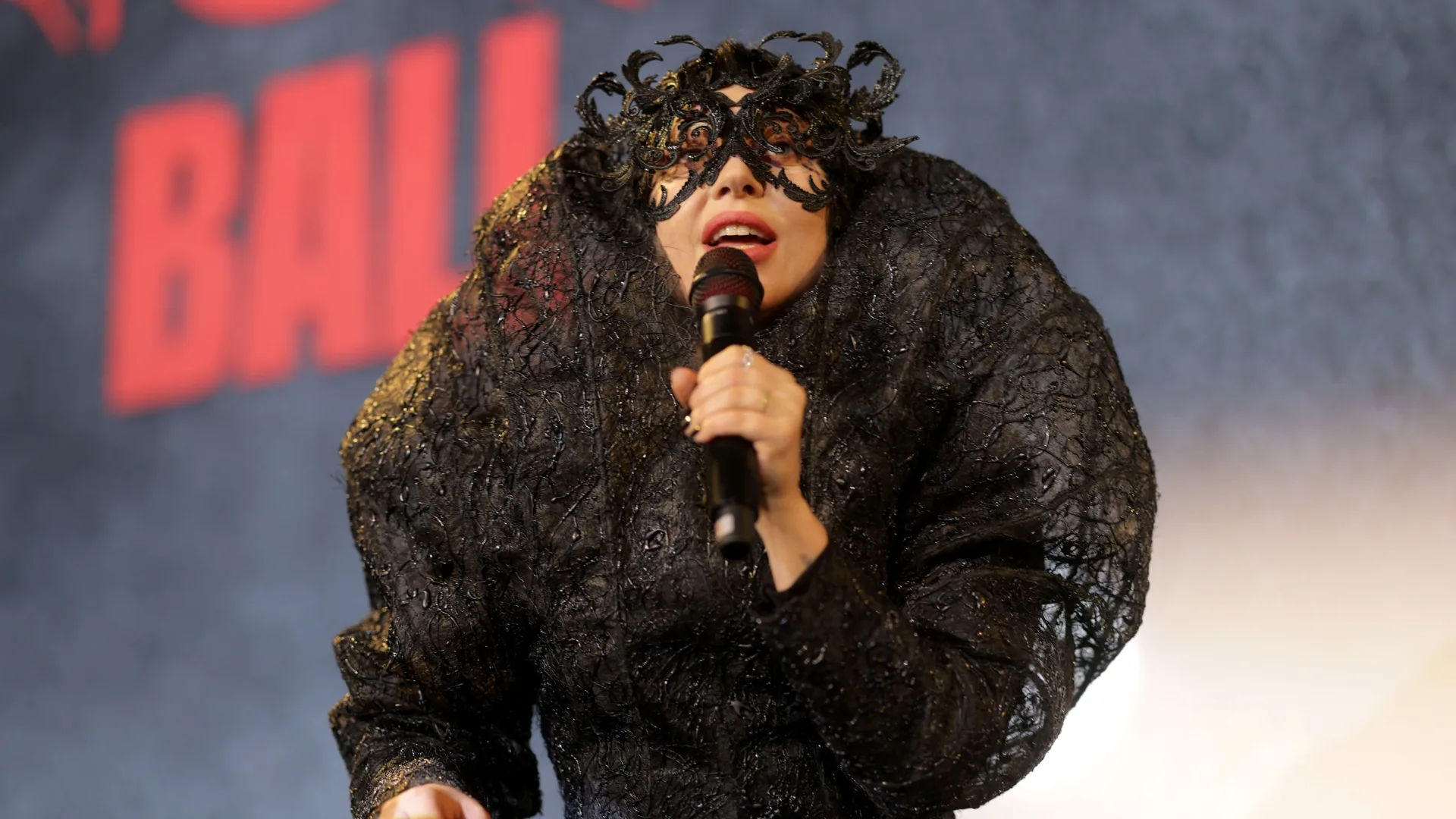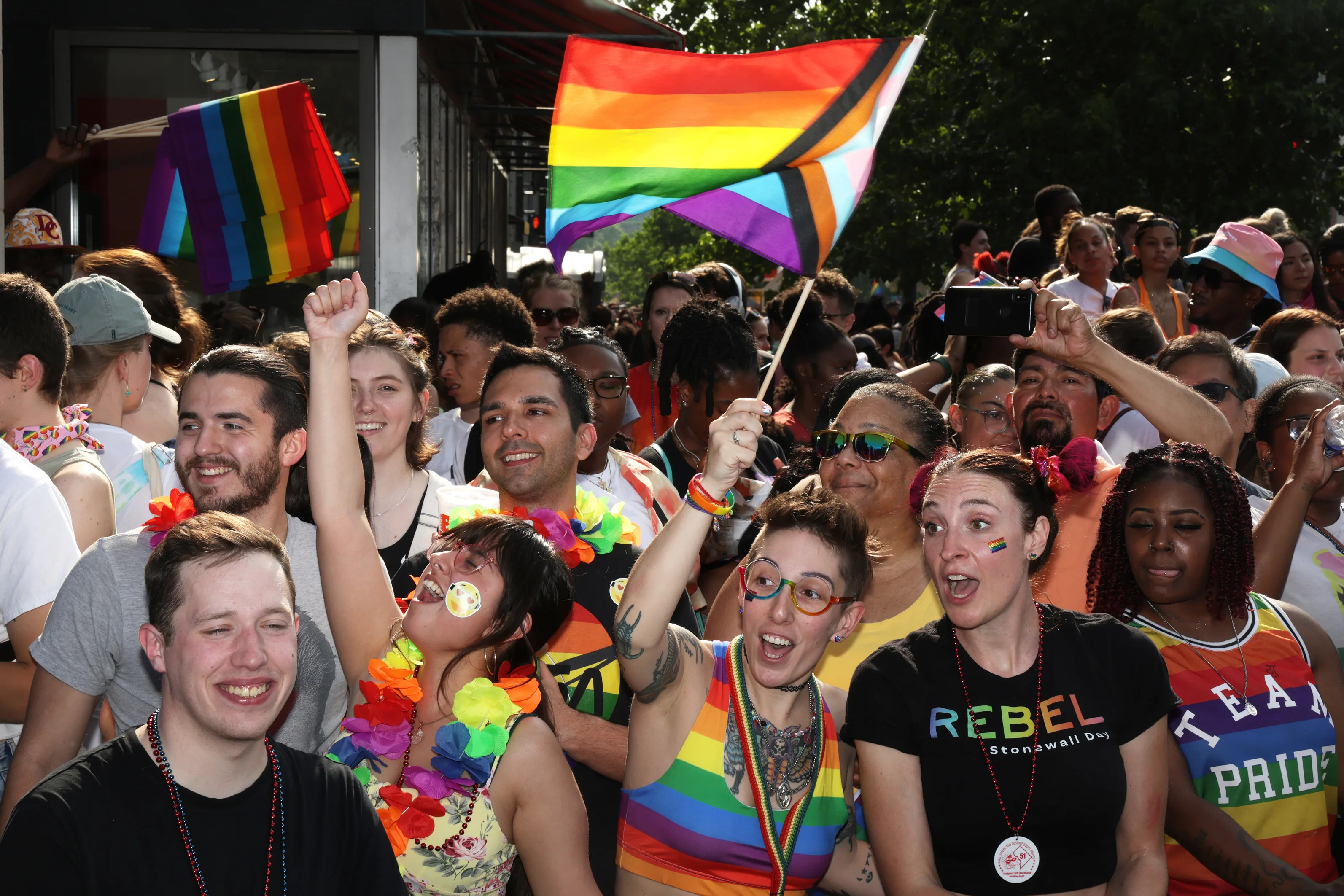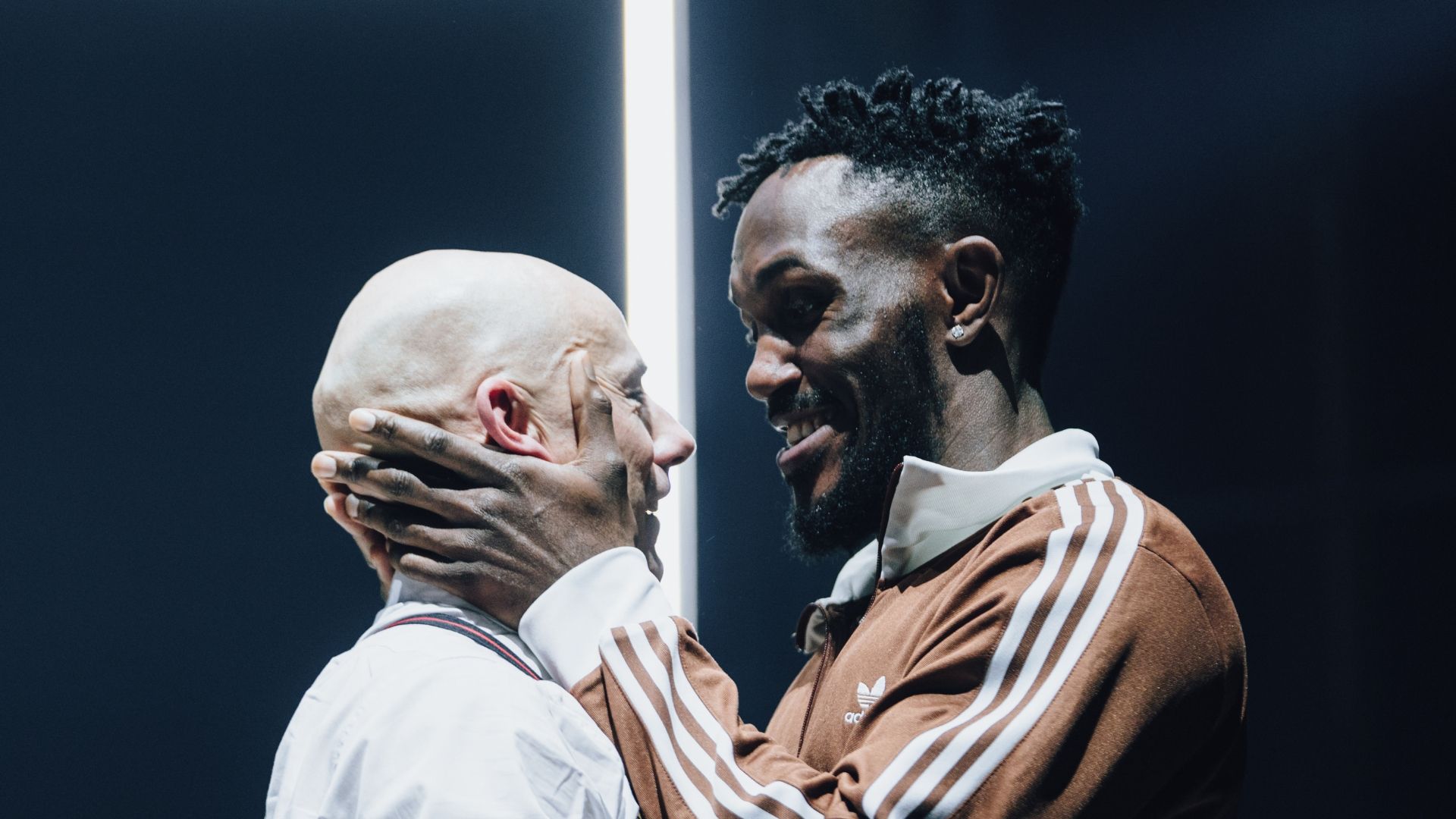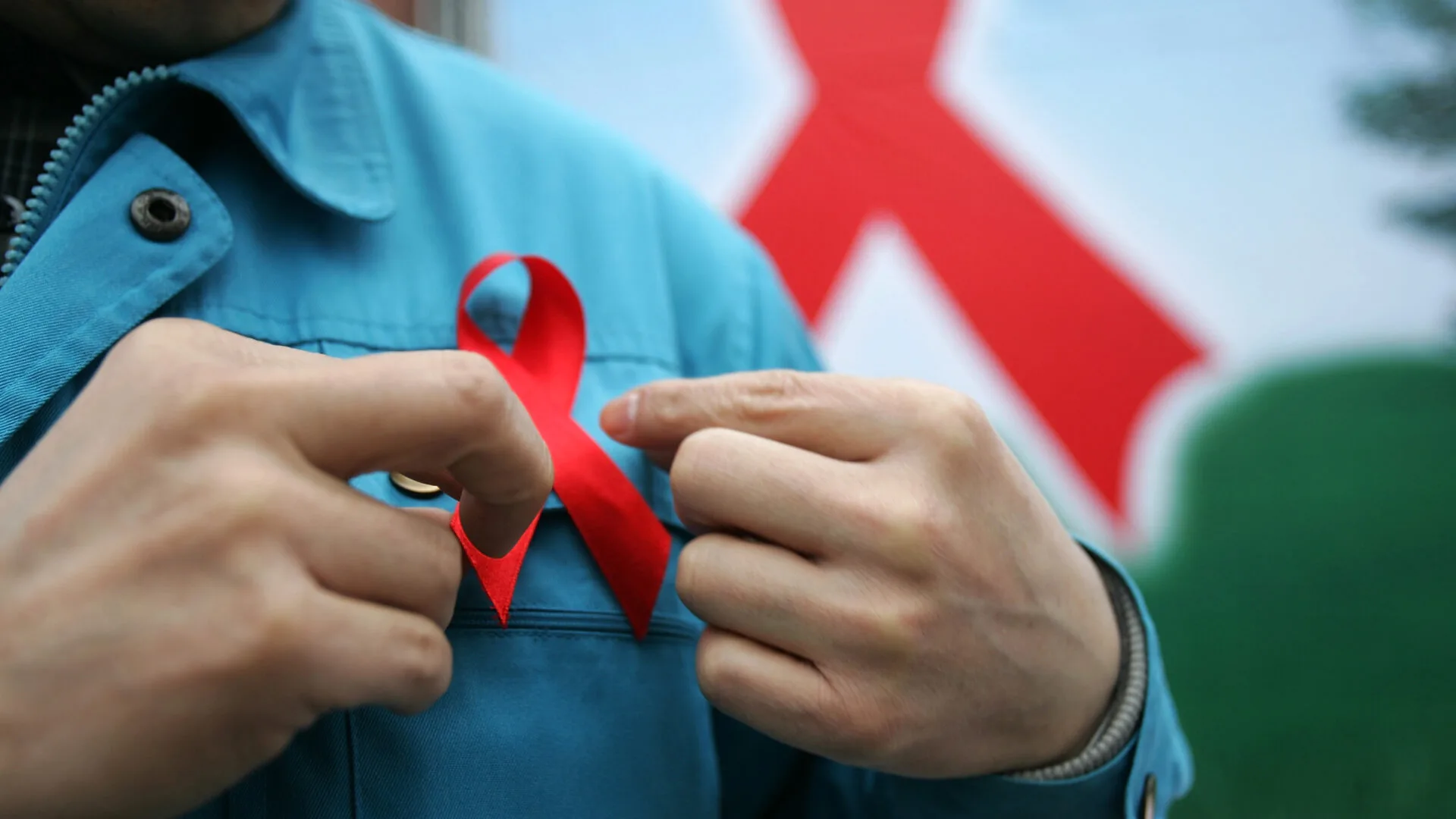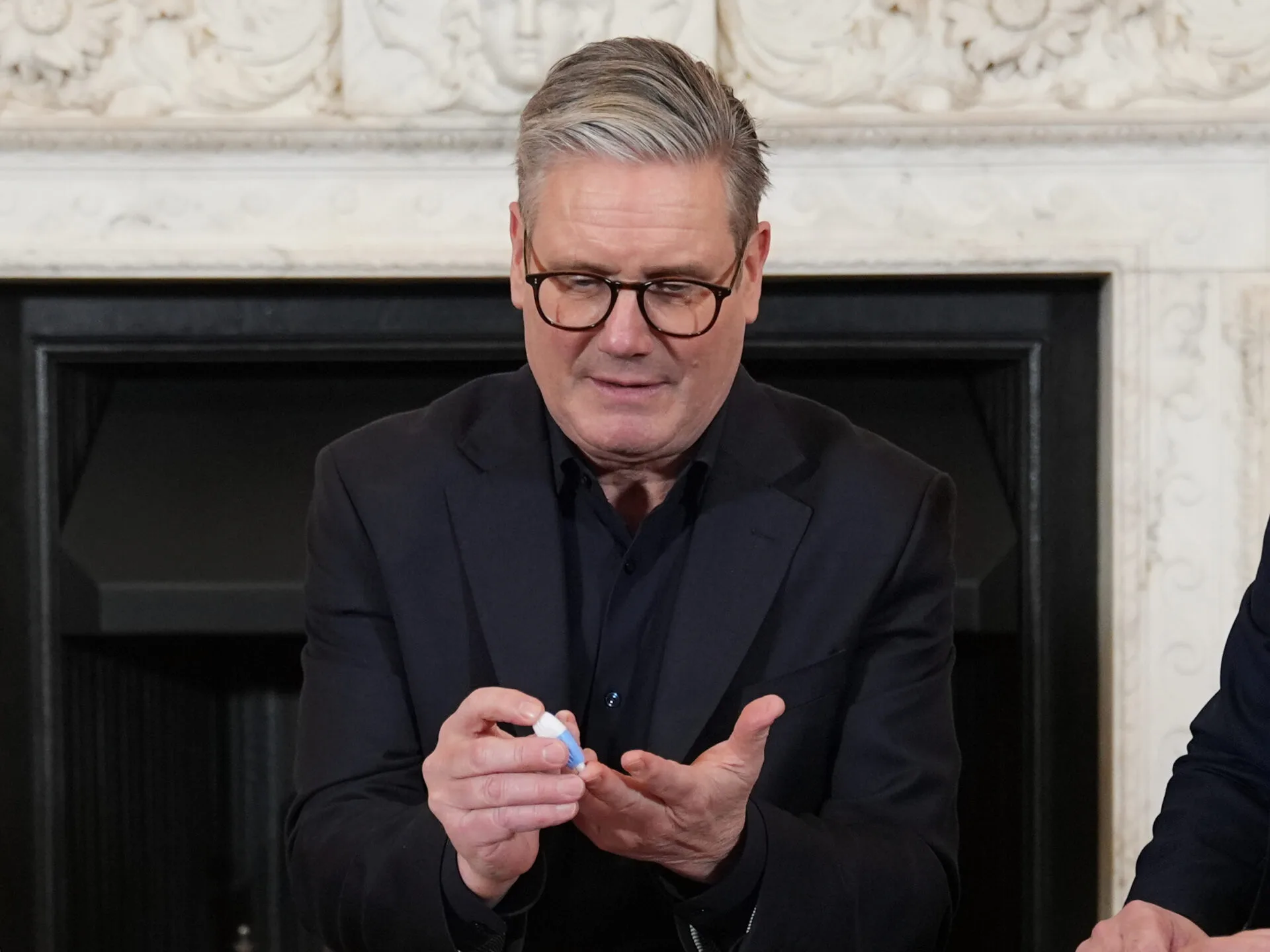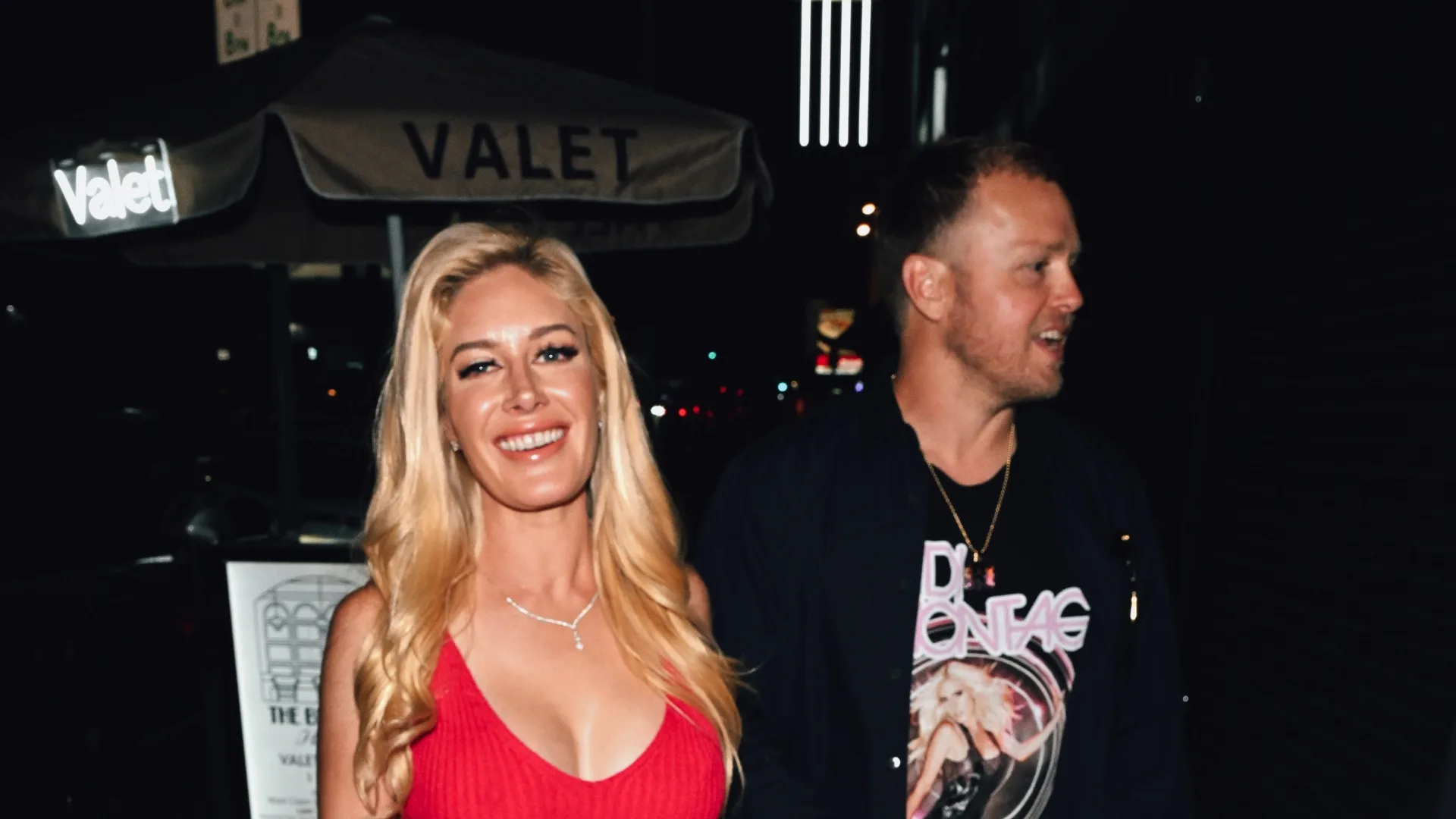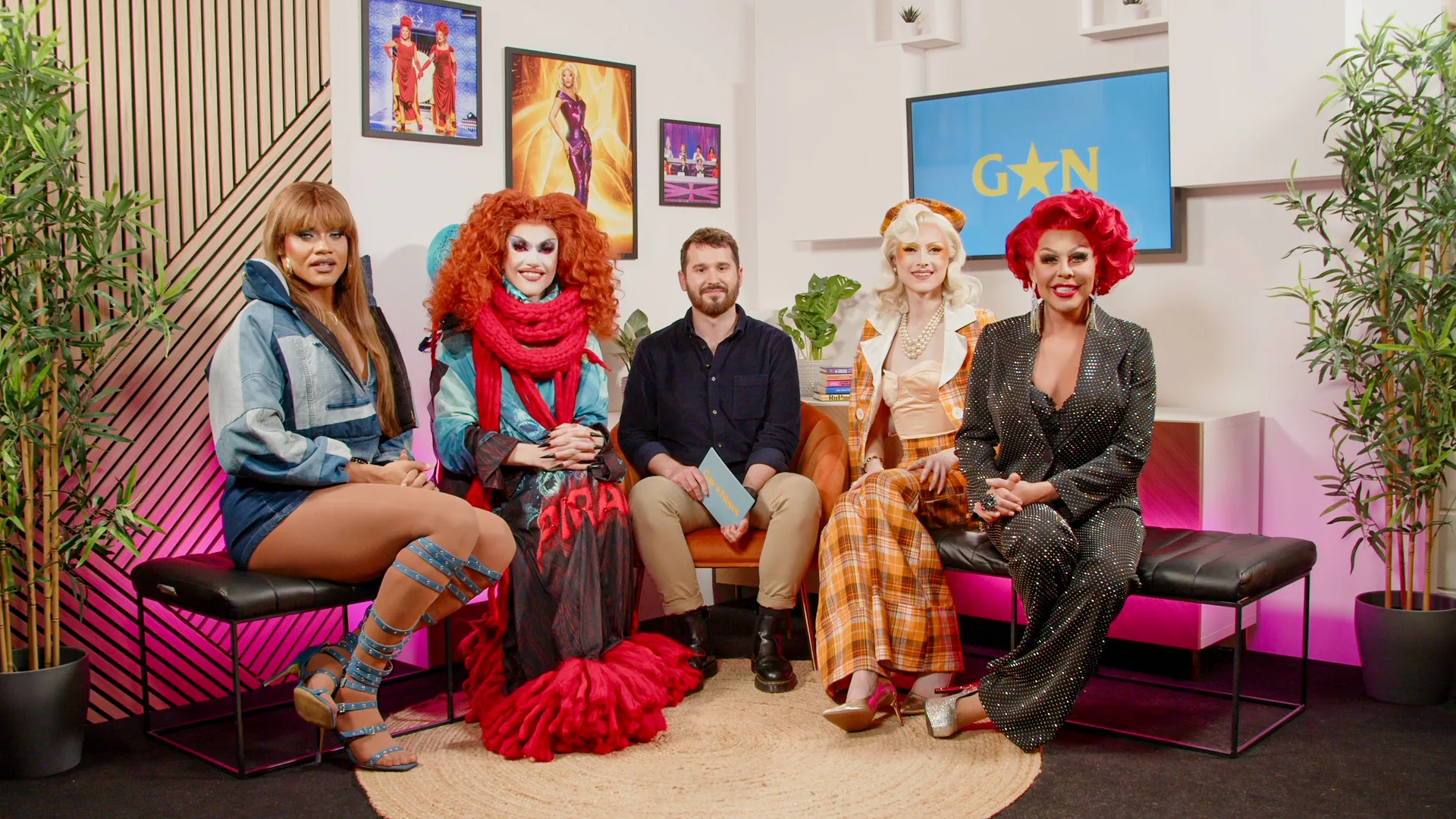Something’s shifting in the world of pop. Social media is awash with people of all genders, but especially women and Queer people, celebrating the dawn of “brat girl summer”, Chappell Roan’s Gay femme anthems, and the inescapable chart dominance of Sabrina Carpenter.
The endless rain and vague sense of doom that came along with the general election campaign have made it hard to get summer off the ground. But at the mid-point of July, we finally have a non-Tory government, France have avoided voting in fascists, England are through to the finals of the Euros, and we have several incredible pop albums written by, and mostly for, women, rising through the charts. See the above plus Kehlani, Renee Rapp, The Last Dinner Party, Rachel Chinouriri, Olivia Rodrigo… Is this feeling inside of me… hope?
Much has been written already about how pop music has started to feel a little stale, a little downtempo, for a few years. This has been compounded by the ubiquitous dominance of one woman, which has made it difficult for anyone else to break through – though the warm-up opportunities she’s offered while touring have of course provided a valuable platform for those female breakthrough acts. The music she writes is also very very good.
What seems to stand out about the success of these femme artists is how much it feels like women and Queer people speaking to other women and Queer people, rather than the patriarchal world outside. They bask in how hot they are, while also acknowledging themselves as 360 people with complex needs, anxieties and sex drives.
On Charli XCX’s incredible new dance pop record Brat, you get the confident voice of a woman unabashedly declaring herself (Von Dutch), but also: insecurity, jealousy of the hot girls, love of the hot girls, distaste of manufactured female rivalry, imposter syndrome, friendship paranoia, the fear of running out of time to have a baby, wondering if you’re ready to have a baby, drugs, partying, grief, and the general kind of hangxiety that comes with waking up in a flat in Dalston, wondering whether you had a great night last night or if it’s time to run away to the countryside. The conversations around fertility, insecure friendships and weight are particularly unique. Many women will relate to thinking a lot about these three, but we’ve never really got to hear about them in pop music.
Also notable is the simplicity of Charli’s relationship with long-term partner George Daniel on the album. George is a character on the record, but exists more as a confidante, a security blanket, a loving background presence. He’s not an enemy, an ex, an obsession or a fuckboy. He’s not the main character – that’s all Charli and her brain.
Then there’s Chappell Roan, new queen of the Lesbians. Her debut album, The Rise And Fall Of A Midwest Princess, is full of references to sapphic sex and feeling thirsty – for girls. The singer has been working at breaking through for over a decade, but finally got her name on everyone’s lips this summer. With faultless, sparkling pop bangers and an image inspired by drag, she’s managed to subvert expectations of gender, sexuality and the music industry itself – she was dropped by Atlantic in 2020, a decision that, with retrospect, probably makes the execs cry themselves to sleep at night. In the tradition of great Queer artistry, Chappell’s aesthetic is not exactly “sexy”, but it’s deeply weird and theatrical and confident, which for an audience of mostly Queer people, is very hot indeed. Gaga’s second coming!
Olivia Rodrigo and Sabrina Carpenter, while a little more conventional in their music and image, have also had to overcome a lot of the stigma and hate (typically from men) that comes with being an ex-Disney star. The mammoth success of both artists is undeniable. Rodrigo has exposed a whole new generation of women to the joy of femme-fronted pop punk (millennials got that from Avril Lavigne and Paramore), and Carpenter bagged song of the summer with Espresso, a song that is brilliant in its lyrical simplicity: “I’m so hot I’m the reason you can’t sleep at night” (paraphrasing). Yeah it’s about boys (in a way), but perspective is important. On Espresso she’s basically calling her admirer pathetic, like a femme Domme that only wears pastel. Or at the very least, a power bottom. And I think that’s beautiful.
Also making a breakthrough this year: Rachel Chinouriri, the Y2k-inspired indie pop girl whose exploration and decolonisation of “cool Britannia” aesthetics seems particularly well-timed for a possible England Euro win and a new Labour government.
This hasn’t all happened in 2024, either. In 2021, Ashnikko and Princess Nokia released one of the best femme Queer anthems of all time, which undoubtedly helped to pave the way for Chappell Roan’s thirsty singles. On Slumber Party, the pair sing: “I gave your girlfriend cunnilingus on my couch/She cute, kawaii, hentai boobies, that excites me.” Not since Sappho have we had such poetry.
And a final shoutout goes to Bisexual artist Tinashe, who’s given us the most quotable lyric of 2024 thus far. “Is somebody gonna match my freak?” Indeed.
Follow the author on Instagram here.

